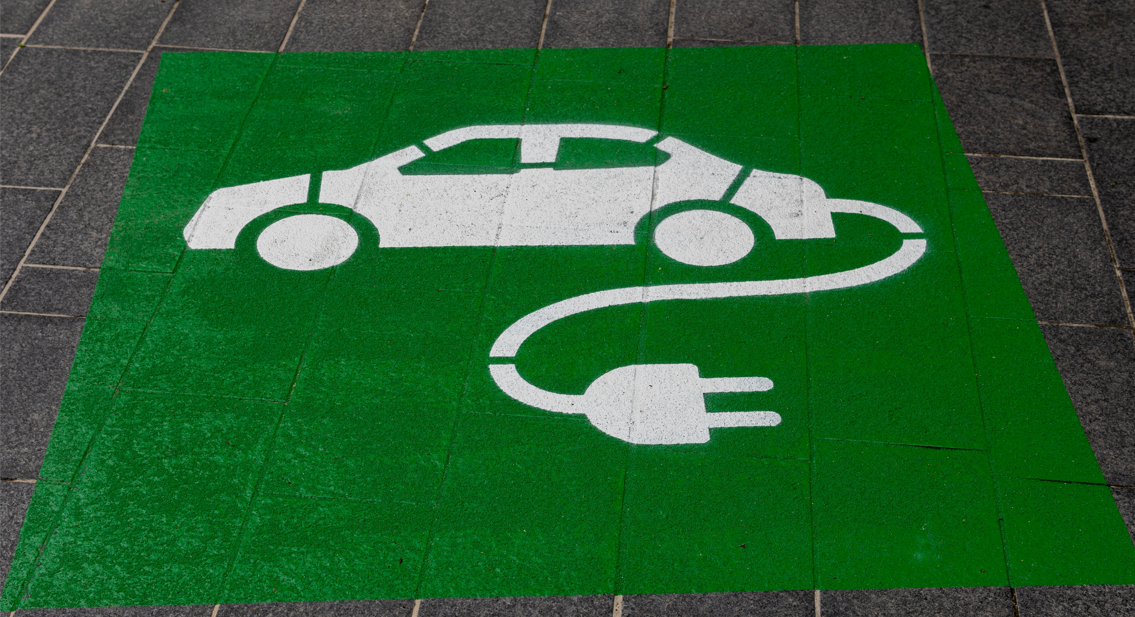The Government unveiled numerous measures recently targeted at reducing emissions from New Zealand’s transportation fleet in order to assist the country reach its goal of being carbon neutral by 2050.
Importers of new and old vehicles will be forced to import more environmentally friendly automobiles in order to reduce total emissions – or risk penalties if they do not.
They are:
- establishing a clean automobile import requirement for next year;
- requiring public transportation buses to be zero-emission by 2025;
- requiring public transportation fleet to be decarbonized by 2035; and
- mandating a lower emitting biofuel blend across the transportation sector.
Transport Minister Michael Wood stated that legislation will be approved this year, and the standard would go into effect the next year, with the goal of 105 grams of CO2/km by 2025 being phased in by yearly objectives that grow gradually lower to give importers time to adapt.
The Government anticipates that it will reduce fuel costs for Kiwis by $6810 on average over the life of a vehicle, as well as carbon emissions.
The goal of the clean car import requirement is to raise the percentage of electric, hybrid, and fuel-efficient vehicles on the road.
Each vehicle import will have a separate objective based on the kind of vehicle imported, but they must reach their target when averaged over three years.
Vehicle providers will have varied objectives to fulfil, but the average efficiency of cars imported in any given year must satisfy the criteria. Higher-emission cars can still be imported, but they must be offset by cleaner ones.
In New Zealand, the typical light vehicle emits around 171 grammes of CO2 per kilometre. It aims to reduce it to 105g/km for new cars by 2025, a level fulfilled by Japan in 2014 and Europe in 2020.
The government plans to approve the legislation this year and implement the norm in 2022, with the first penalties levied on importers who fail to meet their objectives in 2023.
Suppliers, on the other hand, will be able to bank and borrow their specific needs, enabling them to offset one year’s underperformance the next year.
During the previous term, the government suggested a similar system, as well as a “feebate” that would make cleaner automobiles cheaper and more emissions-intensive cars more costly.
However, due to an assault of campaign advertising from the National Party condemning an “auto tax,” as well as industry opposition to the emissions requirement, coalition partner NZ First scuttled the plans.
“Tackling climate change is a priority for the Government and remains a core part of our Covid-19 recovery plan. We can create jobs and economic opportunities while reducing our emissions, so it’s win-win for our economy and climate.” Ardern said.
Ardern’s statement comes just a few days before the first proposed carbon budget from the new Climate Change Commission, which was established by the Zero Carbon Act in the previous term. The commision is likely to propose some type of action to reduce transportation emissions.
“The commission’s advice is likely to ask a lot of all of us and require action in all sectors. Today’s announcement is a good step towards what needs to be done,” Ardern said.
Transport Minister Michael Wood stated that the “in principle” decision on the biofuel requirement may save hundreds and thousands of tonnes of carbon dioxide emissions.
He claimed that the import standard will save several tonnes of CO2. “The import norm will prevent up to 3 million tonnes of emissions by 2040, increase the availability of more environmentally friendly vehicles, and provide households with an average lifetime fuel savings of over $7000 per vehicle,” Wood added.
The Government will also explore ideas for an incentive programme to assist Kiwis in making the transition to cleaner vehicles. In the next months, the government will make more announcements about our plan to decrease transportation emissions.

